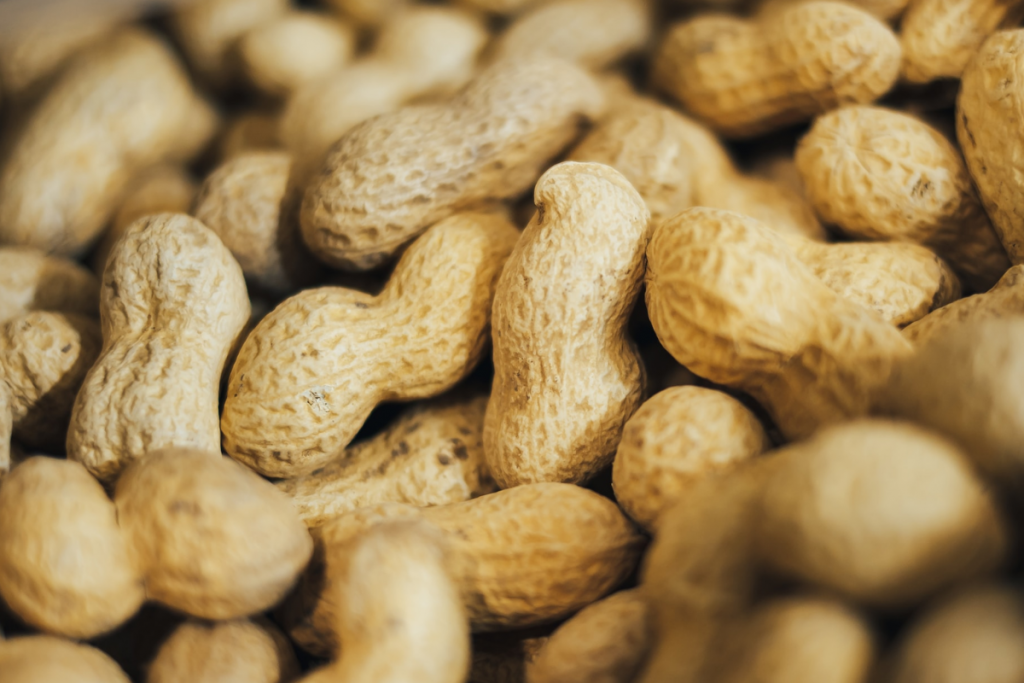Leah Williams, a passenger with a severe peanut allergy, was in a challenging predicament during a Eurowings flight from London to Dusseldorf. Fearing for her safety, she took an unconventional step to protect herself by purchasing all available packets of peanuts on the plane, leaving her with a hefty bill and a significant debate about responsibility and empathy.
As the flight crew prepared to distribute snacks, Williams recognized the need to inform them about her allergy to ensure her safety. However, her attempt to convey the severity of her condition was met with what she described as a lack of empathy. Fearing that the crew wouldn’t adequately communicate her situation to other passengers, Williams took a drastic step. She purchased all available packets of peanuts on the plane to prevent them from being served to fellow travelers. This act not only incurred a cost of £144 ($184) but also stirred up a debate about the responsibility of the airline and the consideration given to passengers with allergies.
Williams expressed her frustration: “The stewards looked at me blankly like I was crazy and said, ‘But there is a lot; we’ll have to count them all.’ I said, ‘Please do count them, and I will pay for them all, seeing as you have left me with no choice.'” She criticized Eurowings for their handling of the situation, asserting that they should feel ashamed for making her feel uncomfortable and anxious about her safety.
The airline, Eurowings, provided a different perspective. A spokesperson stated that the crew had offered to inform passengers sitting around Williams about her allergy. According to the spokesperson, Williams initially agreed to this approach but ultimately purchased all the peanut packets. Eurowings emphasized its inability to guarantee an allergen-free environment due to passengers being allowed to bring their food on board. They explained that traces of peanuts and nuts could accumulate despite regular cleaning, and they advised passengers with allergies to carry necessary medications in their hand luggage.
The incident triggered a vigorous online debate, addressing both sides of the situation. The conversation revolved around determining accountability and the level of concern required for individuals with severe allergies. Some questioned the necessity of Williams’ actions, while others supported her proactive approach to ensure her well-being.
Interestingly, a scientific study by the American Academy of Allergy, Asthma & Immunology entered the conversation. The study concluded that peanut dust is unlikely to be transmitted through the air, and any contact would likely result in mild local irritation rather than a severe allergic reaction.
In this incident, Leah Williams’ extreme measure of purchasing all available peanut packets on the plane to safeguard herself from her peanut allergy ignited a broader dialogue about airlines’ responsibilities, the rights of passengers with allergies, and the understanding of allergen transmission.

